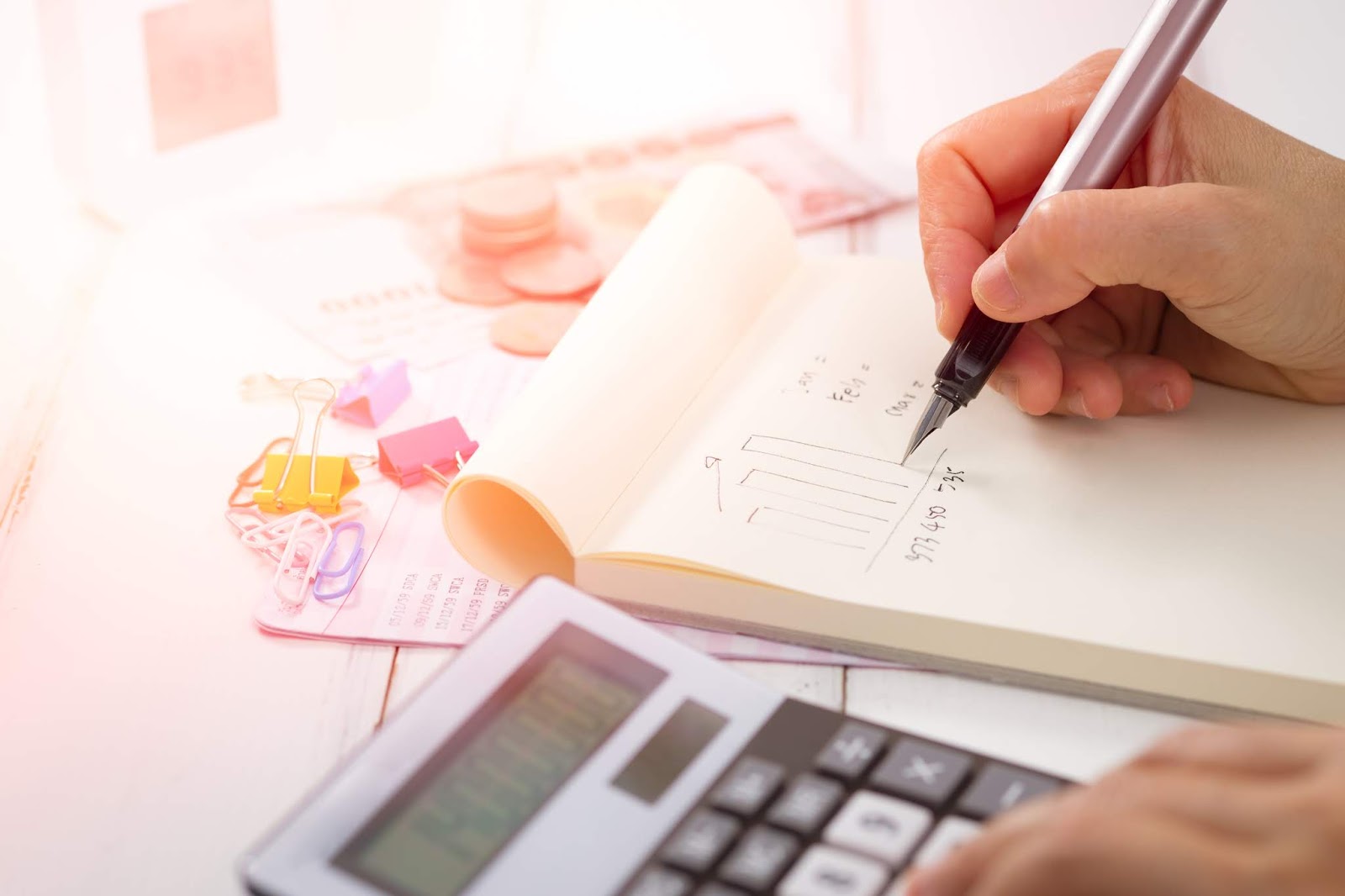As the financial year wraps up, many individuals and businesses are starting to feel the pressure of tax season. Preparing for tax time can be a daunting task depending on the complexity of your financial situation. But with the right strategies, you can streamline the process and possibly even reduce your overall tax liabilities. Whether you’re handling your taxes alone or with the help of an accountant in Melbourne, these seven tips will help ensure you’re well-prepared.
Organise Your Financial Documents Early
One of the most crucial steps when preparing for tax time is to organise your financial documents. This includes gathering all your receipts, bank statements, invoices and any other records pertaining to your income and expenses. Having these documents well-organised can drastically reduce the time it takes to file your taxes and can help you or your accountant in Melbourne identify potential deductions more easily.
Understand Your Deductible Expenses
Knowing what expenses are deductible and how they can be claimed is essential. Common deductible expenses include business costs, charity donations and certain types of educational expenses. However, tax laws frequently change, so it’s important to stay updated or consult with an accountant in Melbourne to ensure you’re making the most of your deductions.
Use Technology to Your Advantage
Leveraging technology can make the tax preparation process much more manageable. Many software programs and apps can help track your expenses and even estimate your tax liabilities as the year progresses. This proactive approach not only keeps you organised, but also prepares you for any financial adjustments you might need to make before the financial year ends.
Check Your Superannuation Contributions
Superannuation is often overlooked during tax preparation, but it can significantly impact your tax situation. Ensure that you haven’t exceeded the contribution limits, as this could potentially lead to additional taxes. If you’re unsure, checking with an accountant in Melbourne can provide clarity.
Review Your Investment Portfolio
If you have investments, the end of the tax year is a good time to review your portfolio. Capital gains or losses from your investments can affect your tax return. Understanding how your investments have performed and how they’re taxed can help you make informed decisions about buying or selling assets.
Consider Deferring Income
If you expect to have a higher income in the current year than in the next, consider deferring some of your income. This could include delaying invoices or utilising term deposits that mature after June 30. This strategy can be particularly effective in managing tax brackets and reducing overall tax liability.
Plan for the Year Ahead
Tax time isn’t just about settling last year’s accounts; it’s also an opportunity to plan for the future. Discuss with your accountant in Melbourne strategies for the upcoming year, including setting aside money for taxes and making adjustments based on any anticipated changes in income or expenses.
Final Thoughts
These tips, while seemingly straightforward, can improve the ease and effectiveness of your tax preparation process. By staying organised, informed and proactive, you can navigate tax season with confidence and potentially enhance your financial health in the years to come.










